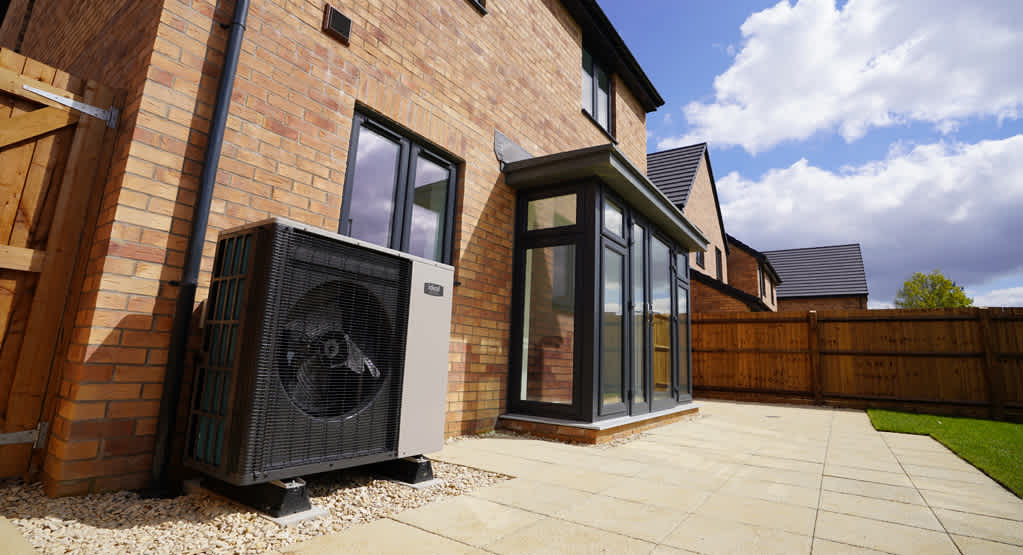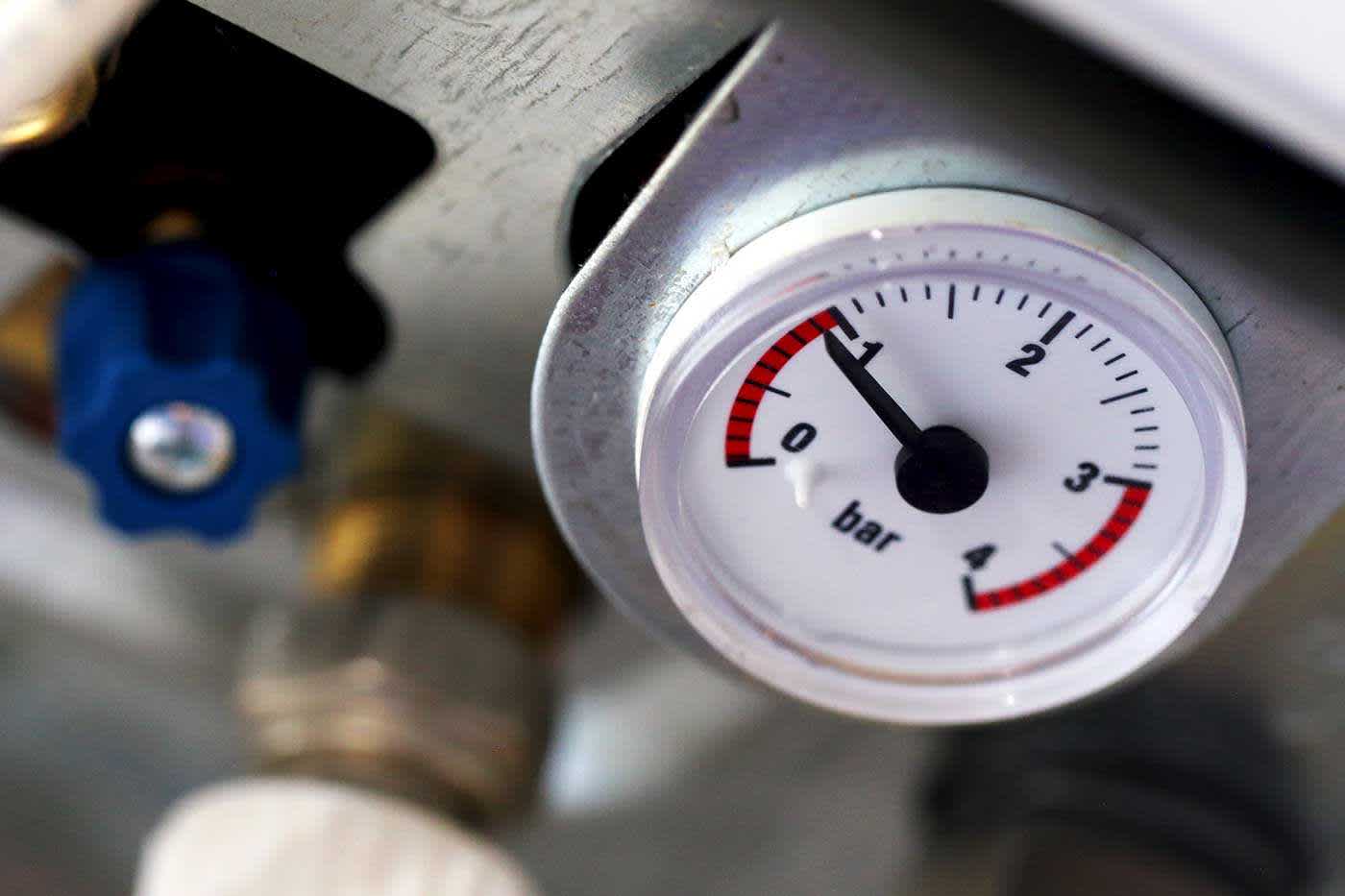
How long does a boiler last?
Wondering how long your boiler will last? A new boiler is one of the more significant investments you’ll make in your home, often comparable to installing new double glazing or having your home rewired. So, it's natural for you to want to know what kind of value you are getting for their money, and that means understanding its expected lifespan.
In this article, we’ll look at how long a boiler lasts, the factors that affect its longevity, and the benefits of replacing an older model.
What is the average lifespan of a boiler?
The average lifespan of a boiler and its central heating system is around 15 years, but this can vary depending on how well it’s looked after. You can help your boiler last longer by keeping it regularly serviced and well-maintained, so these short-term costs can help you enjoy long-term gains.
If you’ve ever seen the inside of a boiler, you’ll know it’s a complicated piece of equipment. It’s full of moving parts like pumps and valves, metres of pipework, a burner, and various electronic components. All of these parts, no matter the quality, wear out at different rates.
It’s also important to remember that your boiler regularly cycles between hot and cool, causing it to constantly expand and contract. This leads to fatigue and stress on pipework and joints, something that can impact how long your boiler lasts. Several other aspects influence your boiler's lifespan, which we’ll look at next.
How can limescale affect the lifespan of a boiler?
Limescale can reduce the efficiency of your boiler and heating system, while also reducing its length of life. When limescale sticks to internal components, efficiency decreases, not only increasing your heating bills but potentially causing major damage to mechanical parts.
You'll know you have limescale if you see a white, flaky layer on your kettle's element. It comes from calcium carbonate, which occurs naturally in the water supply in hard water areas across the UK, like the South, East, and Midlands.
Heat speeds up a chemical reaction that causes this limescale to crystallise inside pipework, pumps, and even radiators. Over time, this crust will start to block your pipes. Because there’s a constant supply of fresh water going through your boiler, it’s particularly prone to this build-up. While some can be cleaned away during servicing, significant limescale build-up will shorten your boiler's life.
On the plus side, if you live in a soft water area or have a water softening device installed, you can add a few years to the expected life of a boiler.
How to improve the lifespan of your boiler
One of the simplest yet most effective ways to take care of your boiler is to ensure it receives an annual service. A Gas Safe registered engineer will carry out essential checks to help make sure your boiler keeps going, whatever the weather. Not only does an annual service mean your boiler will work safely and efficiently, but it also protects your warranty.
Another way to extend your boiler's life is to fit a magnetic system filter. This handy device helps your boiler operate to its full potential by getting rid of impurities from the water in your central heating system. A magnetic filter not only helps your boiler last longer but can also provide short-term cost benefits by boosting its efficiency.
Remember that a boiler shouldn't be ignored until winter. We've got you covered for all seasons, with blogs that feature tips for preparing your home for winter and the importance of summer boiler maintenance.
When should you get a boiler serviced?
You should get your boiler serviced annually, ideally during the summer months in anticipation of heavier use when the colder weather kicks in. An annual boiler service is an opportunity for a qualified heating engineer to ensure your system is running as efficiently as possible.
When you buy a new boiler, you’ll usually be told to have it serviced one year later, and then at the same time every year for three key reasons:
To keep your boiler safe
To keep it maintained and efficient
To protect your warranty
As we described, boiler parts do wear out, but that doesn’t mean the boiler becomes useless. Components can be cleaned, repaired, and replaced, which is why an annual service will extend its lifespan.
How to find out your boiler’s service history
To find your boiler’s service history, there’s a few places to look:
Installation manual - these tend to include an installation certificate.
In a new home? Ask the previous owner or estate agent for the records.
Unable to do either of the above? Try contacting the manufacturer with your boiler's serial number.
A boiler’s age and service history will provide a good indication of how worn out its components will be, and that will give you an idea of how efficient it is – and how likely it is to break down.
If it’s not been checked for more than a year, make it a priority to book a service.
How do I know it’s time to replace my boiler?
A heating engineer can help you decide if it’s time for a replacement boiler. If you’ve noticed your boiler is making strange noises, losing pressure, or your hot water is slow or not very hot, your first call should be to an engineer. It’s possible they might be able to fix it.
If your boiler is getting closer to the average lifespan of a boiler, which is around 15 years, it’s probably worth looking into replacing it. Boiler technology is always progressing, with the most significant changes over the past two decades being in efficiency.
Getting a new boiler will help keep your gas bills down, can increase the value of your home, and will reduce your carbon footprint. So, although it comes with a price tag, it can save you money in the long term.
What time of year is best to replace your boiler?
Summer is a great time to get your boiler service booked in, and a good time to look at replacing your boiler too. It’s usually easier to schedule an engineer to visit you during the summer months and you are better off replacing a boiler now rather than waiting a while and risking your boiler breaking down in winter when they're used more frequently.
By choosing to find a new boiler before it gets to the point of becoming a priority, you’ll have more time to pick out the perfect model for you, whether you’re looking for a Combi boiler or Heat only solution. You’ll also have a brand new boiler ready for winter, so you’ll be much less at risk of having to deal with central heating problems in the colder months when you need your boiler most!
How to choose a new Combi boiler
If you're looking to replace your boiler, you may wonder how long Combi boilers last compared to other types. A modern Combi boiler, when well-maintained, will have a similar lifespan to other boiler types, around 10-15 years.
If you’re looking for a new Combi boiler, you may feel unsure where to start. That’s why Ideal Heating created our easy-to-use boiler selector tool. Before you opt for a Combi boiler, make sure you agree with the following statements:
You live in an area with normal or high water pressure.
You don’t often need to use several hot water appliances at once.
The boiler is going to be relatively close to the furthest tap (less than 20 metres).
You can read more about Combi boilers, including their pros and cons, in our detailed guide.
Three benefits of replacing your old boiler
Replacing an old boiler for a new, more efficient one has many benefits, including:
Runs more effectively
The older the boiler, the less efficiently it will run, which could result in higher heating bills. Replacing your old boiler for a new, more efficient model will help keep your home warm and comfortable and will reduce the cost of your heating, too.
Peace of mind
A new boiler will also provide peace of mind that you'll have a functioning, safe central heating system, whatever the weather. This gives you security against breakdowns, which is also backed by the manufacturer's warranty, as long as you keep up to your boiler's annual service requirements.
Provides full control over your home’s temperature
New, modern boilers are generally engineered with heating controls, allowing you to have full control over the temperature of your home. Plus, with the Halo thermostat, you can be more precise when deciding how much heat you require for the house or even individual rooms in your home, which is convenient and cost-effective.
Can I install a boiler myself?
Legally, any work carried out on a gas boiler or your heating system must be done by a Gas Safe registered engineer, so you must never install a boiler yourself unless you are a qualified professional. You may feel like an expert after going through all our FAQs about boilers, however, you must instruct a fully qualified, competent and experienced installer to install your new boiler. Working with gas boilers can be very dangerous, so it’s never worth the risk of trying to tackle the job yourself.
You’ll find further advice on central heating, servicing and boiler care in our FAQs, as well as more in-depth guides on the Ideal Heating blog. Use our tool below to choose the new boiler that's best suited to your home.

















